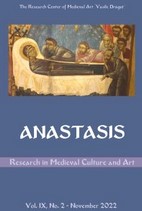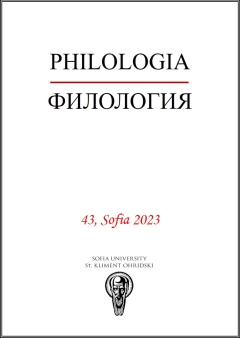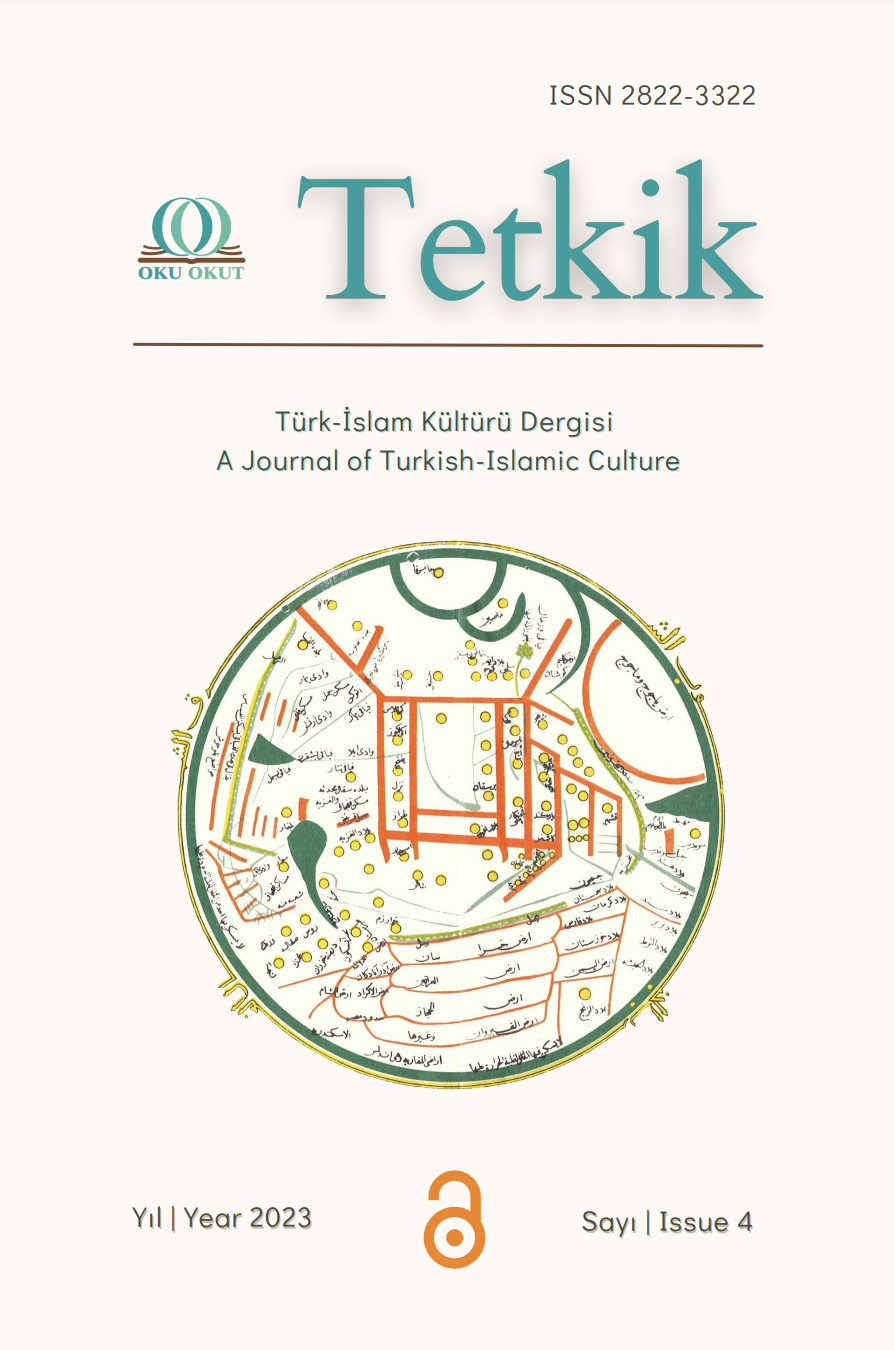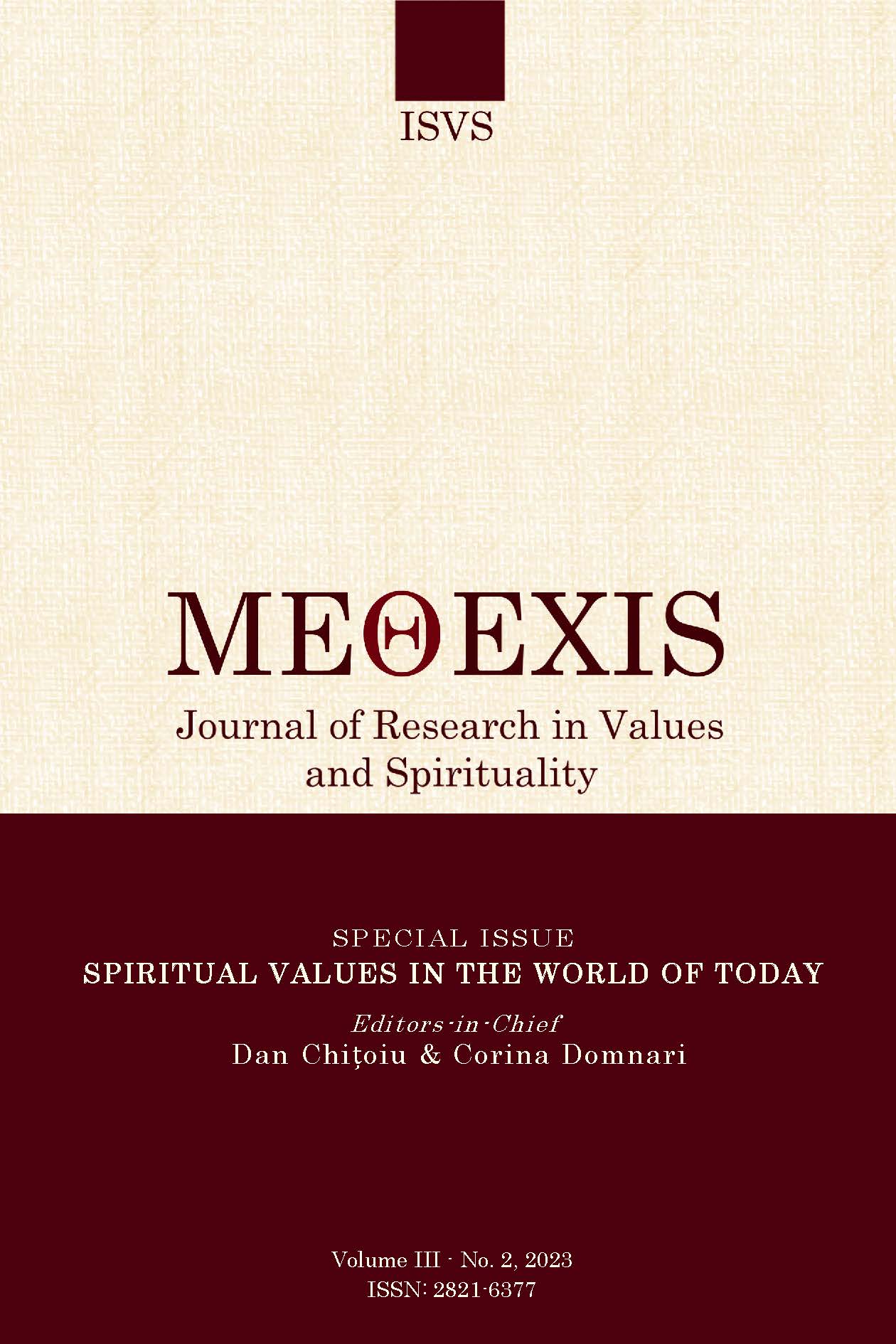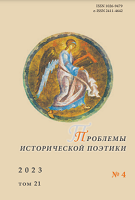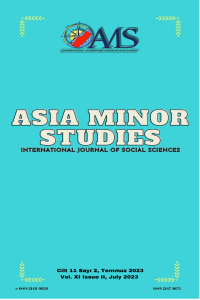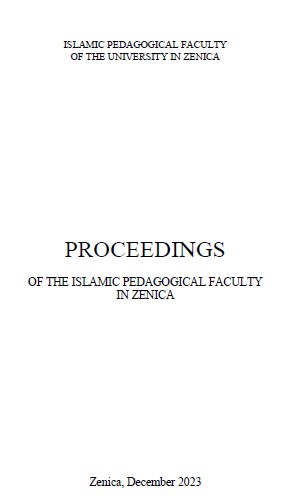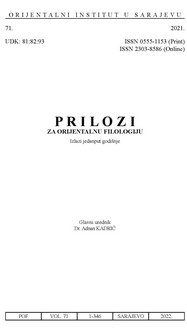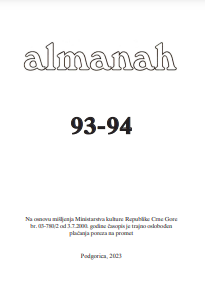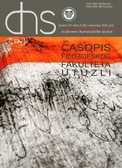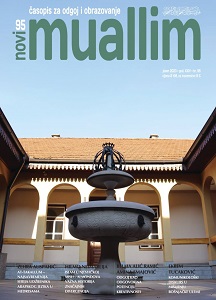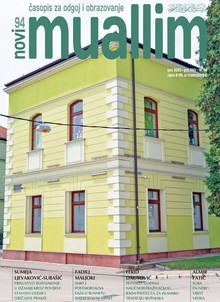
FOND BEJTUL-MAL ISLAMSKE ZAJEDNICE U BOSNI I HERCEGOVINI: DOSTIGNUĆA I PERSPEKTIVE
The article presents a historical review of the conception and development of the funds of Baytul-mal with a particular accent on the collection and distribution of zakat and sadakatu-l- fitr amongst the Muslims of Bosnia and Herzegovina in the past hundred years. It offers a concise insight into Sharia- legal foundation of this practice within the framework of the Islamic Community of Bosnia and Herzegovina. It also gives answers to the most frequent objections of jamaats in this regard and it points out the challenges facing the Islamic Community in the process of collection and distribution of zakat and sadakatul fitr. Finally, it presents the most significant results of the field research which was carried out for the purpose of analysis of the issue in concern.
More...
